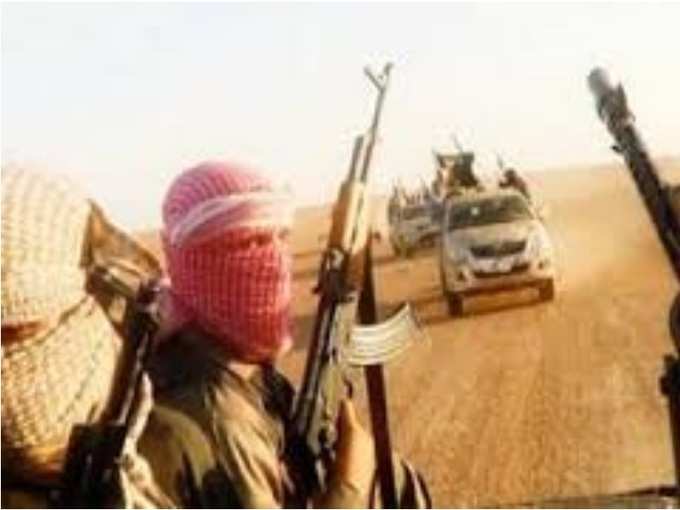
The ongoing crisis in
It would be tempting to think of the present strife in Iraq as part of the Arab Spring. But unfortunately, it is not so. It is an uprising by the minority against the majority. Or we may say it is more of a behind-the-scene struggle for political and economic supremacy between two ideological groups. The countries involved and supporting the uprising are Saudi Arabia and its alliances in the Middle East bloc. Opposing their hegemony are Iran, Syria and their alliances.
Iraq has the world’s fifth largest oil reserve and it is
The major impact of the current Iraq crisis is economical. Strife could mean loss of oil production while Baiji, Iraq’s biggest refinery located in the north and capable of producing 300,000 barrels a day, has already been shut down. The refinery is a major domestic supplier and its closure will have a significant impact on the Iraqi crude available for export.
Oil economics
Economically, the Iraq crisis has erupted at the worst possible time as India is trying its best to curb inflation. Rising crude prices have pushed the markets down and the rupee has recorded a new low against the dollar.
The Indian government has stated that the country receives most of its Iraqi oil supply from the southern fields, which have not been occupied by the rebels till date. But this is no guarantee of future supplies as the fighting is spreading fast and the rebels are inexorably marching closer to Baghdad. Consequently, crude supply from Iraq could become erratic or get cut off altogether. In such a case, India will have to look at other markets to purchase its crude.
Moreover, if the price of crude goes up, everything else is going to cost more. In brief, it will be a big setback for the newly elected
Incidentally, Saudi Arabia is the largest supplier of crude to India while Iran is going all out to encourage India once again to buy more crude from it. However, India will have to consider Saudi Arabia to make up for the Iraq deficit. In fact, major Indian refineries have already increased purchase of crude from Saudi Arabia. Other major buyers of Iraqi crude, such as China, Japan and Korea, will now be competing with India for the Saudi crude. But the question is – will Saudi Arabia hike its crude supply to help India meet the shortfall?
Political relations
Historically, India has had long-standing and cordial diplomatic relations with Iraq, Iran, Saudi Arabia and almost all the Middle East and West Asian countries. These countries could be called our geographical neighbours and India had been a trading partner of these nations since long, starting from the third millennium BC.
But modern-time bilateral relations between India-Iraq, India-Iran and India-Saudi Arabia will require careful thought. India will have to use all its diplomatic skills, along with its growing political and economical clout. That’s because politically and economically, India has a lot at stake and will have to walk a diplomatic tightrope to maintain these cordial relationships as far as possible. Another problem that India has to take into consideration is the possible spread of the conflict beyond Iraq and its political and economical impact.
The human angle
The workforce (both unskilled and skilled) in Iraq, Iran and Saudi Arabia has a large percentage of Indians. In the present strife-torn atmosphere, the safety of its citizens should be a major concern for India. Reports have already come in that 40 construction workers, mostly from Punjab and working in Iraq, have been abducted by rebel forces. India is working on getting them released and if the country succeeds in its mission, it will be a huge political and humanitarian victory for the new government.
An estimated 10,000 Indians are currently working in Iraq. People are also concerned about the 46 Indian nurses stranded in a hospital in Tikrit. However, lines of communication have already been established with them. Needless to say, the government will have to pull out all stops to rescue its citizens and bring back all its nationals currently present in Iraq.
As far as India is concerned, the major fallout of the Iraqi crisis is the impact on its economic growth, diplomatic relations with the Arab Middle East and West Asia, and the safety of its citizens in Iraq.